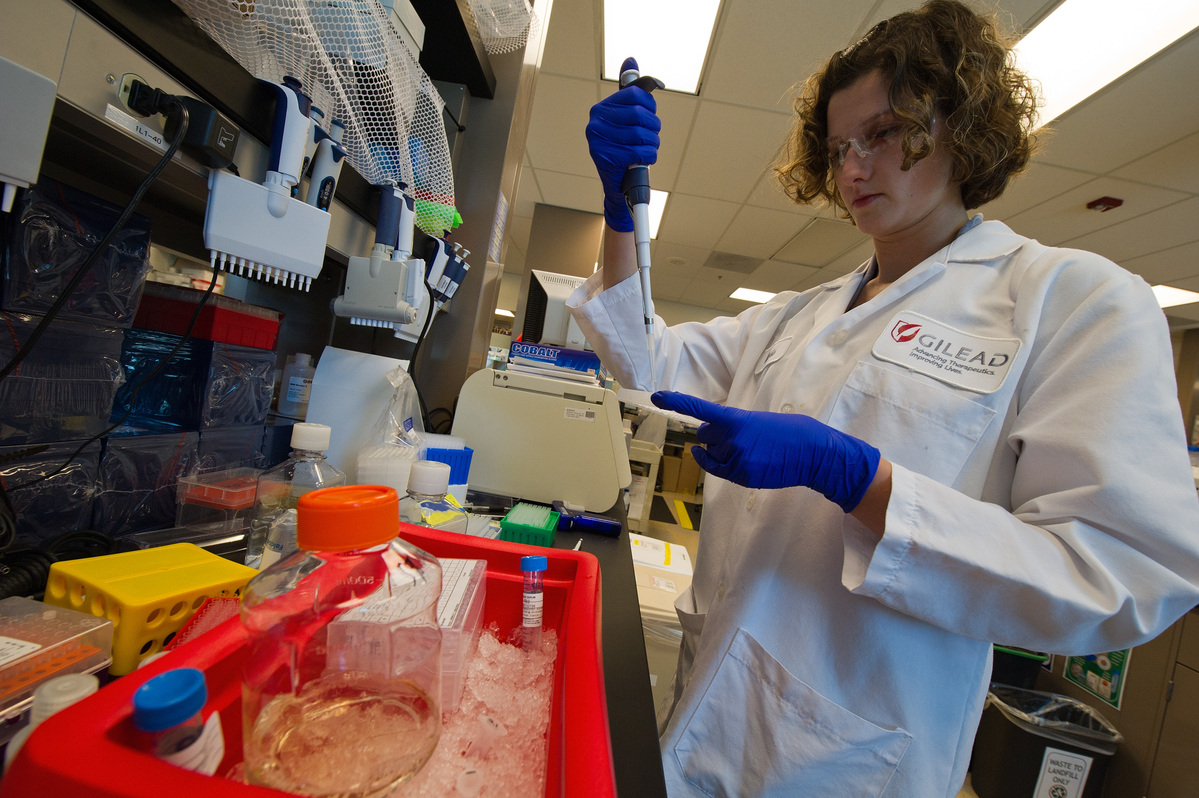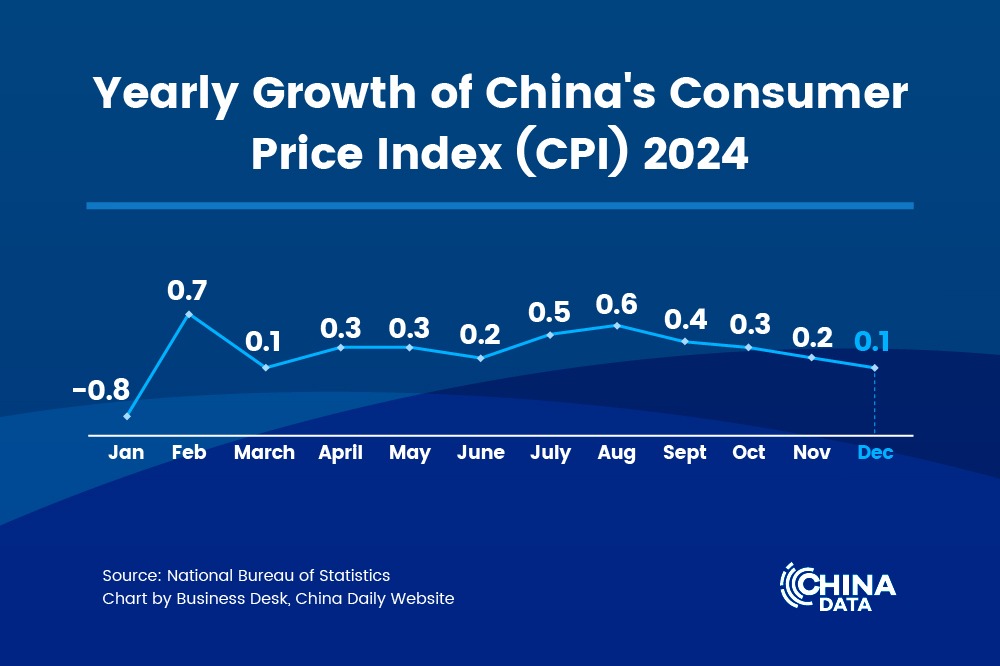Gilead Sciences to launch more healthcare products in China


California-based biopharmaceutical firm Gilead Sciences Inc is accelerating plans to launch more products in China, as part of its efforts to tap the nation's growing healthcare market.
The company aims to launch three more products in China by the end of this year. Currently, Gilead has two anti-hepatitis C drugs in the market. Then on Saturday, Gilead launched Genvoya, a drug designed for the treatment of HIV-1 infection in adults and children weighing over 35 kilograms and 12 years of age and older. It is also the country's first approved single tablet regimen treatment for HIV-1 infection.
According to a report from qianzhan.com, an industry information provider, Gilead's market share for anti-AIDS products was roughly 90 percent in 2017 in China.
"We want to extend our full support to China's efforts to combat AIDS and are glad to bring our new range of products," said Rogers Luo, vice-president of Gilead and general manager of Gilead China.
"We hope that these products will address the unmet long term health needs of HIV patients in the country."
Data from the Chinese Center for Disease Control and Prevention shows that by the end of 2017, there were roughly 140,000 newly diagnosed HIV patients. Furthermore, due to the expansion of screening, the number of confirmed cases has risen.
In the past 10 years, China has launched dedicated efforts to combat AIDS. With the increasing coverage of antiretroviral treatment in the country, the AIDS mortality rate had dropped from 18.4 percent in 2005 to 4.6 percent in 2015. By the end of last year, there were 758,000 HIV patients in China, data from the CCDCP showed.
Gilead will launch another anti-AIDS product, as well as two products to combat hepatitis in China by the end of this year.
According to CCDCP data, currently, there are roughly 93 million hepatitis B patients in China, and more than 1 million new cases of viral hepatitis occur each year. China also spends more than any other country on the treatment of hepatitis.
Luo noted that for a multinational biopharmaceutical company, "now is a good time".
"The government has been putting extra focus on the healthcare sector and stepping up medical reforms. The new drug approval process and talks on inclusion of more drugs under the medical insurance ambit have also been stepped up.
"More and more products are being included into the medical insurance, which has significantly improved patients' accessibility. These aspects are beneficial to the company. But more importantly, they are beneficial for Chinese patients. The Chinese healthcare market is evolving, and we will adapt to changes in the environment and launch more products in the country," Luo said.




































